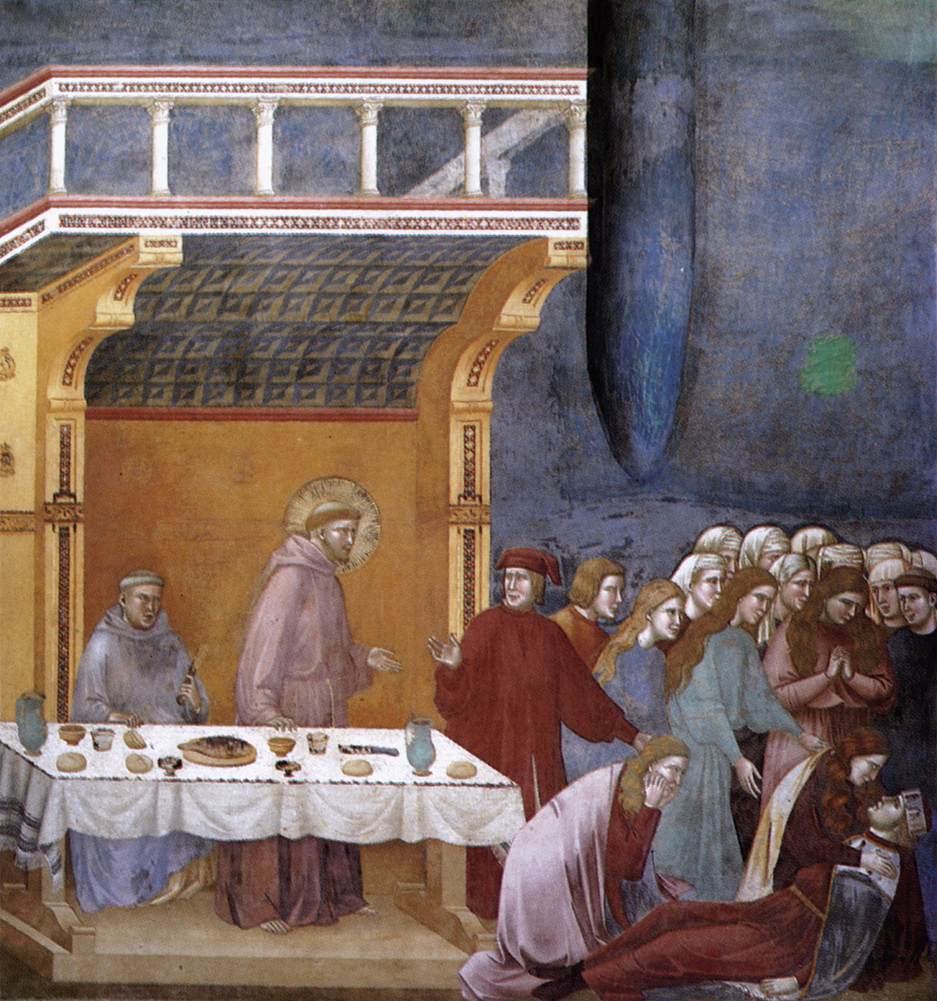Description
The painting "Legend of St Francis: 16. Death of the Knight of Celano" is a masterpiece by the Italian artist Giotto Di Bondone. This work is part of a series of frescoes that represent the life of Saint Francis of Assisi, one of the most important saints of the Catholic Church.
Giotto's artistic style is characterized by his realism and his ability to represent depth and perspective in his works. In this painting, we can see how the artist has used the chiaroscuro technique to create a sensation of depth and volume in the figures.
The composition of the work is very interesting, since Giotto has used the diagonal technique to guide the viewer's gaze from the figure of the dying knight to the figure of Saint Francis. This technique is used to create a sense of movement and dynamism in the work.
Color is also a very important element in this painting. Giotto has used a very rich and varied color palette to represent the different elements of the work. The dark and somber tones used to represent the dying knight contrast with the light and luminous tones used to represent Saint Francis and the angels that surround him.
The history of the painting is also very interesting. The scene represents the death of the knight Jacopo de Celano, who, after being wounded in a battle, decided to abandon his life of luxury and wealth to join the order of Saint Francis. The figure of San Francisco represents the figure of salvation and redemption, while the knight represents the figure of the repentant sinner.
Regarding the little-known aspects of the work, we can highlight the fact that Giotto used real models to represent the figures in the painting. Furthermore, the artist is known to have worked on this work for several years, demonstrating his dedication and commitment to his art.
In short, the painting "Legend of St Francis: 16. Death of the Knight of Celano" is a masterpiece of Italian Renaissance art. Its artistic style, composition, color, and the history it represents make this work one of the most interesting and significant of its time.

